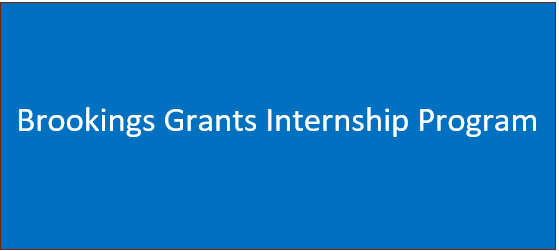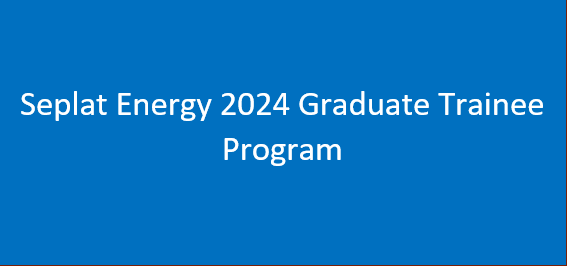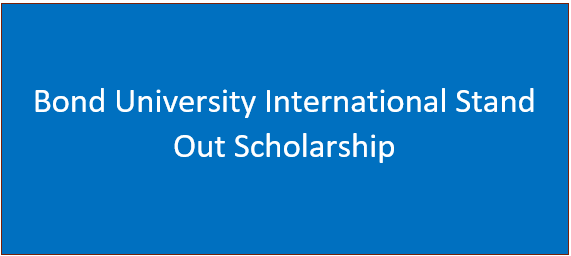The job market is evolving, and graduates’ employability is a crucial concern. Despite academic qualifications, many face challenges in securing employment due to various factors. This article explores 15 Reasons Why Graduates Are Not Employable 2024 OR Struggle on potential solutions to bridge this gap.
15 Reasons Why Graduates Are Not Employable
15 reasons why graduates are not employable. It will cover topics such as poor communication skills, lack of work experience, and poor time management.
1. Lack of Practical Experience:

Issue: Graduates often lack practical, hands-on experience in their field of study, making it challenging to meet employer expectations.
Solution: Encouraging internships, co-op programs, and practical training during academic years can help bridge this gap.
2. Insufficient Soft Skills:
Issue: Graduates may have academic qualifications but lack essential soft skills such as communication, teamwork, and problem-solving.
Solution: incorporating soft skills development into the curriculum and offering workshops or seminars focused on communication and interpersonal skills.
3. Outdated Curriculum:
Issue: Some academic programs might not align with current industry needs, leaving graduates ill-prepared for the demands of the job market.
Solution: Regular curriculum updates, industry partnerships, and advisory boards to ensure programs remain relevant.
4. Overemphasis on Grades:
Issue: An overemphasis on grades may lead students to prioritize academic success over gaining practical skills and experience.
Solution: Encourage a balance between academic achievement and practical application by valuing extracurricular activities, internships, and projects.
5. Lack of Networking Opportunities:
Issue: Graduates often struggle because they haven’t built professional networks that can aid in job searches.
Solution: introducing networking events, alumni connections, and mentorship programs within educational institutions.
6. Limited Adaptability:
Issue: Graduates might struggle with adapting to new technologies or changing workplace environments.
Solution: emphasizing adaptability through exposure to diverse technologies and flexible learning approaches.
7. Inadequate career guidance:
Issue: Some graduates lack proper guidance on career options and pathways, leading to confusion and indecision.
Solution: Implementing robust career counseling services and mentorship programs to guide students towards suitable career paths
8. Lack of Emotional Intelligence:
Issue: Graduates may struggle with emotional intelligence, impacting their ability to navigate workplace dynamics effectively.
Solution: incorporating emotional intelligence training into the curriculum and fostering a supportive learning environment.
9. Language and Communication Barriers:
Issue: Graduates might face challenges in communication, especially in a global job market.
Solution: offering language proficiency courses and communication skill workshops.
10. Narrow Specialization:
Issue: Graduates with highly specialized knowledge may lack versatility in applying their skills across various domains.
Solution: encouraging interdisciplinary learning and providing opportunities for cross-disciplinary collaboration.
11. Lack of Industry Exposure:
Issue: Limited exposure to industry practices during academic years can hinder graduates’ understanding of real-world applications.
Solution: Industry partnerships, guest lectures, and practical projects based on real industry problems.
12. Resume/CV Discrepancies:
Issue: Graduates might struggle to effectively showcase their skills and experiences on their resumes or CVs.
Solution: offering resume-building workshops and guidance on crafting effective job application materials.
13. Low Confidence and Self-Promotion Skills:
Issue: Some graduates struggle to confidently present their skills and achievements during job interviews.
Solution: incorporating mock interview sessions and workshops on self-presentation and confidence-building.
14. Lack of Critical Thinking:

Issue: Graduates may lack the critical thinking skills necessary for problem-solving in professional settings.
Solution: Encourage critical thinking exercises, case studies, and projects that require analytical thinking.
15. Economic Challenges:
Issue: Graduates might face economic challenges, making it difficult to afford further education or gain necessary experiences.
Solution: scholarships, financial aid, and subsidized programs to support students from diverse economic backgrounds.
People also ask
Conclusion:
Addressing these 15 reasons why graduates face challenges in employability requires collaborative efforts from educational institutions, employers, and policymakers. By acknowledging these issues and implementing solutions, we can strive to narrow the employability gap and empower graduates to thrive in the ever-evolving job market.



